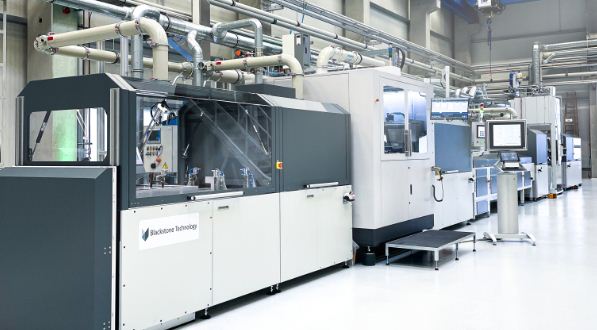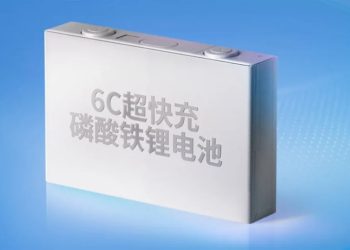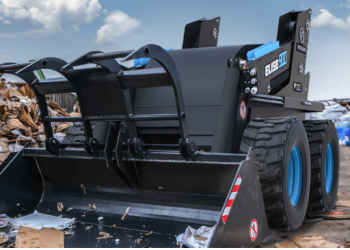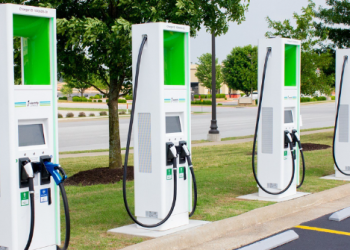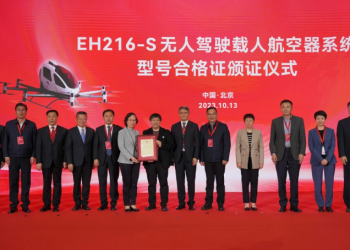Amid China’s so far undisputed dominance in electric mobility, Germany is one of the countries leading the energy transition in Europe. The German coalition government, which has only been in office for a few months, has promoted an important policy called “Dare to Innovate” to reduce the use of combustion cars.
Against this backdrop, companies are making great efforts and investments with the aim of making progress in the electrification of fleets and sustainable mobility in general.
One such company is Blackstone Technology, which, after years of research, hopes to start marketing 3D-printed solid-state Sodium Ion batteries in 2025.
Read also: Quark: The Lightweight Electric Motor Capable of Generating Unprecedented Power
For the development of this project, Blackstone has worked together with major German industry organizations and a research consortium, which will be responsible for testing this innovation in a real-world environment.
A Bus for Testing
As a crucial part of the project, the 3D printed solid-state batteries will be installed in an electric bus operated by Berlin-based Eurabus to demonstrate their performance.
Amidst the technological alliances finalized by Blackstone, the Zeiss company is bringing its extensive metrology and microscopy expertise to the table. In addition, the Fraunhofer Institutes IFAM, IKTS, IST and the Institute for Particle Technology at the Technical University of Braunschweig will work on process validation and development, recycling, safety and economic-ecological life-cycle assessment.
Similarities to Lithium Batteries
The Sodium-ion battery chemistry is partly comparable to Lithium-ion cells. A significant advantage of Sodium batteries is that the raw materials can be obtained much more easily and environmentally friendly.
The sodium availability is significantly higher than Lithium and the price is significantly lower, especially given the recent increase in Lithium prices. Also, the raw material does not have to be imported from outside Europe as is the case with Lithium.
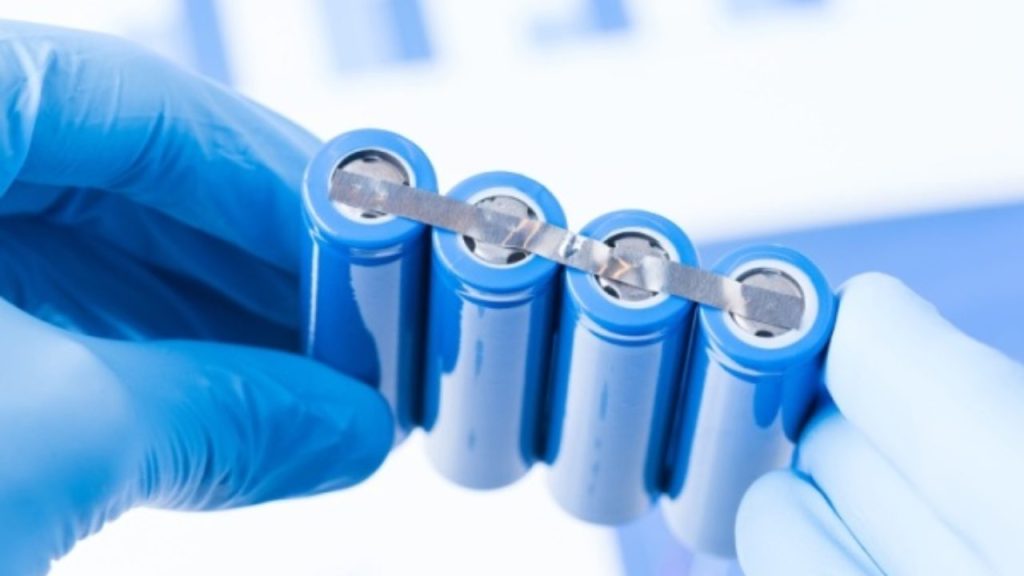
The solid-state battery cell construction not only increases energy density, but also improves many safety aspects. The production of Sodium battery prototypes is designed in such a way that a wide variety of active materials can be used.
Earmarked Resources
In order to implement the plan, EUR 32 million will be invested into a pilot plant at the production site in Döbeln and extensive developments. In addition, the scale-up of solid-state electrolytes on a Sodium base to ton scale is being progressed in order to be able to produce them at the Blackstone Group from 2025 onwards.
This project is being funded by the German Federal Ministry of Economics and Climate Protection as part of its support for the battery cell manufacturing ecosystem with a total of up to €24.1 million.
Written by I Jhonattan González



